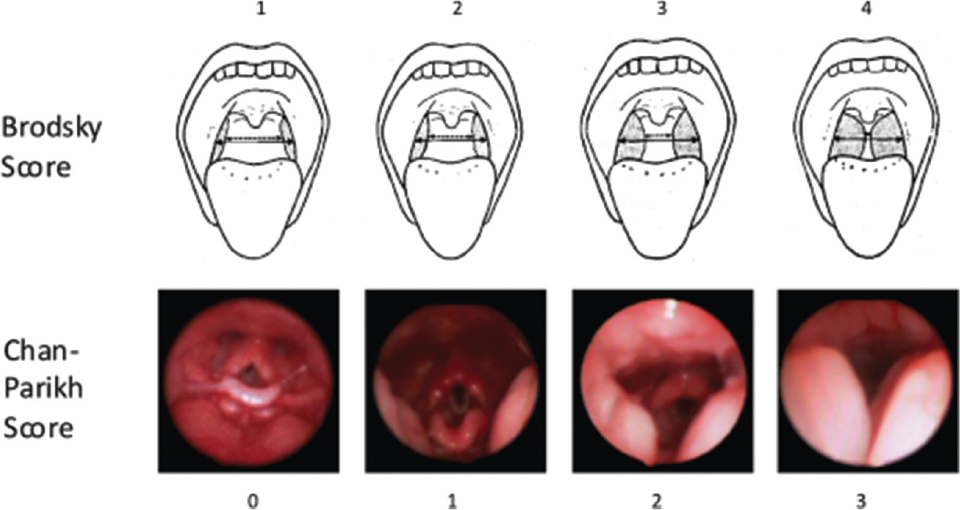The authors review their pediatric EESS technique in patients with intra-operative high flow cerebrospinal fluid leak, with a focus on details that differ from adult transsphenoidal surgery technique.

How To: A Modified Endoscopic Draf III Approach for Dermoid Cysts
The specific challenges of pediatric skull base surgery may be overcome with the adaptation of these techniques and the adoption of new instruments.
Hearing Impairment in Pediatric Population Associated with Higher Prevalence of Loneliness
Most existing studies have found that hearing impairment results in a higher prevalence of social isolation and loneliness in the pediatric population.

What Is the Best Approach to Prevent Advanced-Stage Pressure Injuries After Pediatric Tracheotomy?
An array of complications may arise after a pediatric tracheotomy, and the clinician should be mindful of advanced-stage pressure injuries.

Does Adherence to Early Infant Hearing Intervention Guidelines Positively Impact Pediatric Speech Outcomes?
Adherence to meeting EHDI 1-3-6 diagnostic and intervention guidelines has a compelling effect on pediatric language development based on recent literature.

Adenotonsillectomy Alone May Not Be Enough to Treat Pediatric OSA
Children with small tonsils may not experience the same benefit and may have other sources of obstruction contributing to their OSA

What Is the Optimal Age to Repair Tympanic Membrane Perforations in Pediatric Patients?
Does age directly mediate the perforation closure, hearing, or complication outcomes after tympanic membrane perforation repair in pediatric patients?

What Is the Best Management of Asymptomatic Unilateral Tonsillar Enlargement?
There is little evidence to support that UTE always requires tonsillectomy to rule out lymphoma
Impact of Pediatric Tonsillectomy Guidelines on Clinical Practice
Understanding the rationale utilized by clinicians who choose not to adhere to clinical practice guidelines, and developing additional processes to foster compliance
Sleep Endoscopy, Cine MRI Most Effective in Identifying Pediatric OSA Obstruction Sites
Drug-induced sleep endoscopy and cine MRI are the most commonly reported tools to identify obstruction sites for children with persistent OSA
- 1
- 2
- 3
- …
- 5
- Next Page »